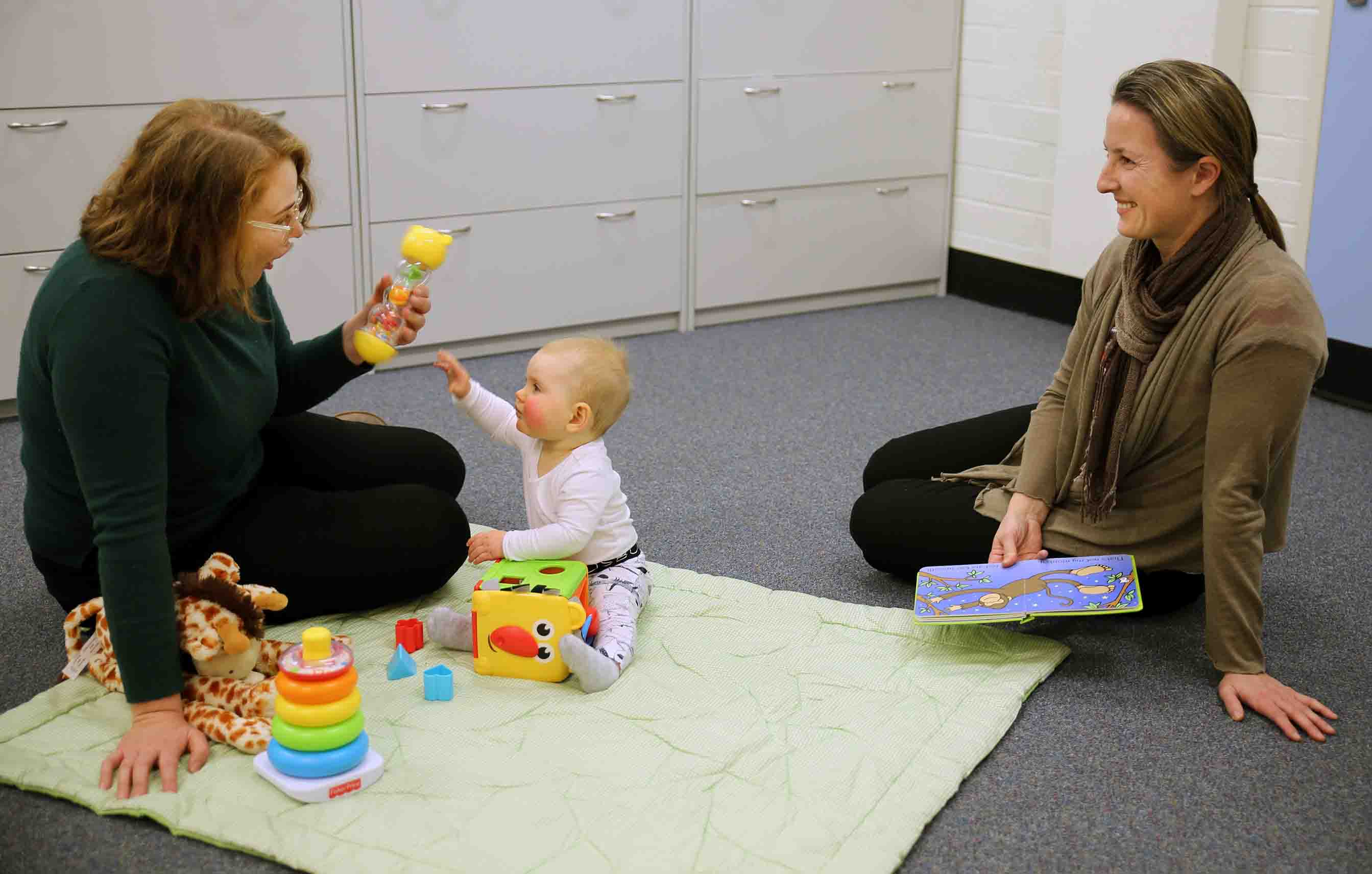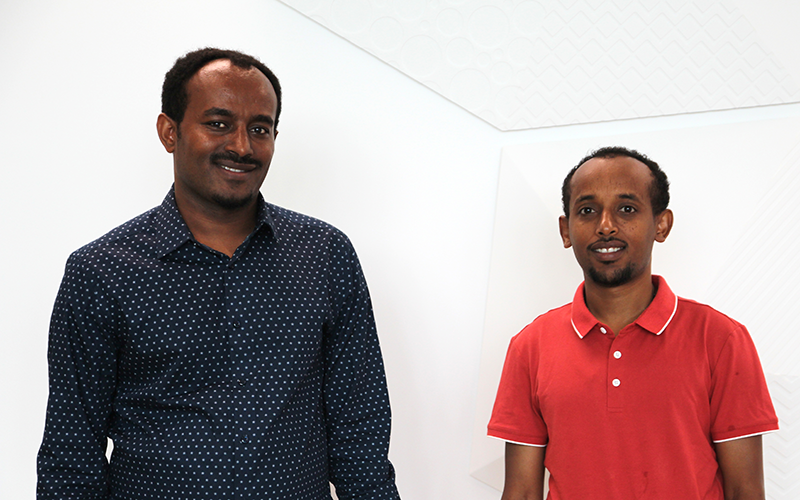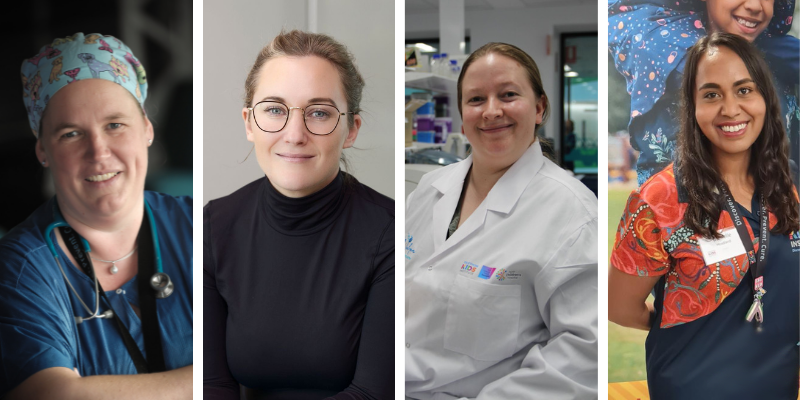Search
Showing results for "Au"
Research
Type 1 DiabetesA lifelong auto-immune condition that can affect anyone, but is most commonly diagnosed in childhood.
Research
The burden of atopic dermatitis and bacterial skin infections among urban-living Indigenous children and young people in high-income countries: A systematic reviewA high burden of bacterial skin infections is well documented in remote-living Indigenous children and young people in high-income countries.
Research
Body distribution of impetigo and association with host and pathogen factorsImpetigo or skin sores are estimated to affect >162 million people worldwide. Detailed descriptions of the anatomical location of skin sores are lacking.
Research
Invasive Infections Caused by Lancefield Groups C/G and A Streptococcus, Western Australia, Australia, 2000–2018Epidemiologic data on invasive group C/G Streptococcus (iGCGS) infections are sparse internationally. Linked population-level hospital, pathology, and death data were used to describe the disease burden in Western Australia, Australia, during 2000-2018 compared with that of invasive group A Streptococcus (GAS, Streptococcus pyogenes) infections.
Research
Culturally supported health promotion to See, Treat, Prevent (SToP) skin infections in Aboriginal children living in the Kimberley region of Western Australia: a qualitative analysisWhile there are many skin infections, reducing the burden of scabies and impetigo for remote living Aboriginal people, particularly children remains challenging. Aboriginal children living in remote communities have experienced the highest reported rate of impetigo in the world and are 15 times more likely to be admitted to hospital with a skin infection compared to non-Aboriginal children.
Research
Research priorities for the primordial prevention of acute rheumatic fever and rheumatic heart disease by modifying the social determinants of healthThe social determinants of health such as access to income, education, housing and healthcare, strongly shape the occurrence of acute rheumatic fever and rheumatic heart disease at the household, community and national levels.

News & Events
Video intervention offers promising language boost for kids showing early signs of autismThe first rigorous trial of a pre-emptive behavioural intervention for babies showing early signs of autism has found the therapy can improve early language development.
Research
The Future Healthy Countdown 2030 consensus statement: core policy actions and measures to achieve improvements in the health and wellbeing of children, young people and future generationsThis consensus statement recommends eight high-level trackable policy actions most likely to significantly improve health and wellbeing for children and young people by 2030. These policy actions include an overarching policy action and span seven interconnected domains that need to be adequately resourced for every young person to thrive: Material basics; Valued, loved and safe; Positive sense of identity and culture; Learning and employment pathways; Healthy; Participating; and Environments and sustainable futures.

News & Events
Survivors of drug-resistant TB face long-term health problems: studyNew research highlights the long-term physical health problems faced by people who survive drug-resistant tuberculosis (TB) .

News & Events
The Kids researchers named as finalists in 2021 Premier’s Science AwardsFour The Kids Research Institute Australia researchers – working across diverse fields including paediatric anaesthesia, bioinformatics, ear health, and the health impacts of biodiesel exhaust – have been named as finalists in the 2021 Premier’s Science Awards.
